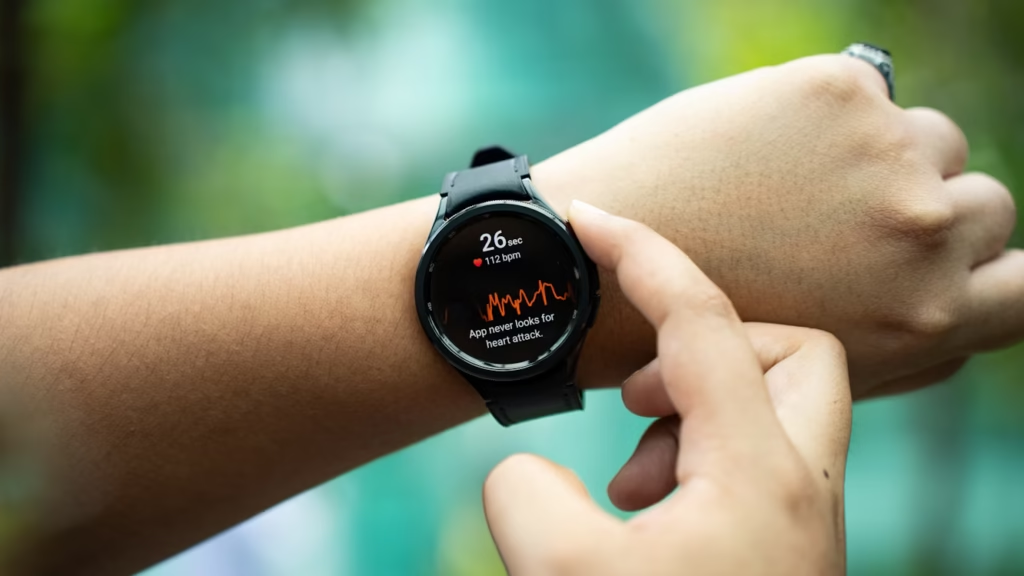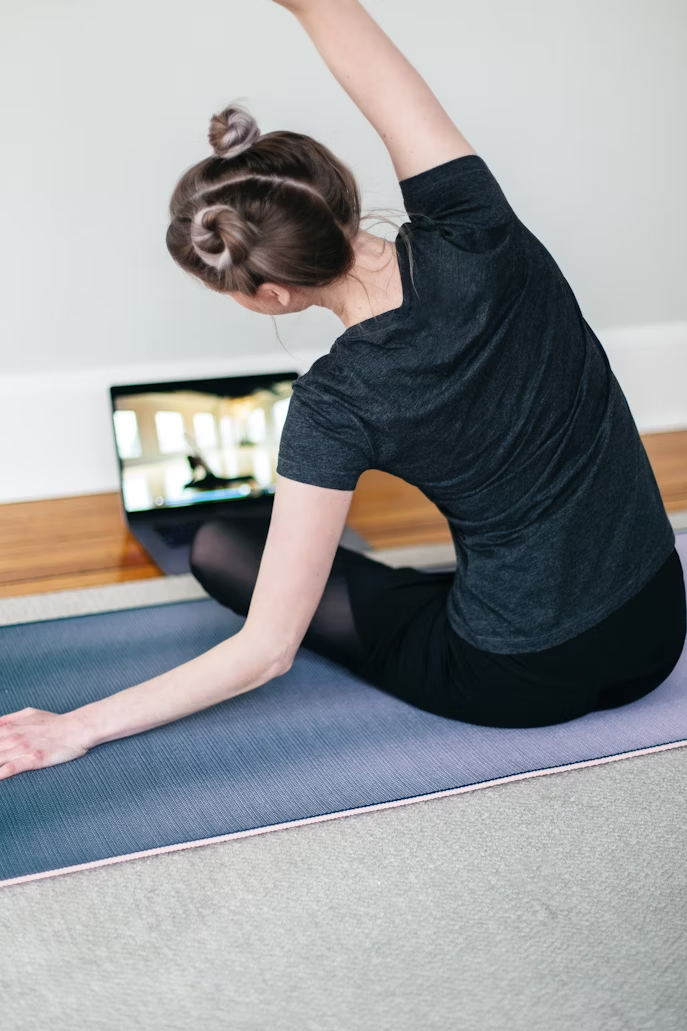Introduction
The demand for health and fitness apps has skyrocketed in recent years as more people take a proactive approach to their wellbeing. Among the most popular fitness tracking apps are Samsung Health and Google Fit. Both apps are free, widely accessible, and designed to track your workouts, nutrition, sleep, and overall activity.
But the big question remains: Samsung Health vs. Google Fit which one is better for you?
In this detailed comparison, we’ll break down their features, usability, integrations, accuracy, privacy, and overall value. By the end, you’ll know which app is the best choice for your lifestyle in 2025.
Overview of Samsung Health
Samsung Health is a comprehensive health and fitness platform created by Samsung Electronics. Originally designed for Galaxy smartphones and wearables, it has expanded to support a wide range of Android devices.
Key Features of Samsung Health:
- Step tracking & daily goals
- Workout tracking (running, cycling, swimming, yoga, HIIT, and more)
- Heart rate monitoring (via Samsung Galaxy Watch or supported devices)
- Sleep tracking with detailed insights
- Nutrition logging (calories, water intake, and meals)
- Stress management tools (breathing exercises and mindfulness)
- Integration with Samsung smartwatches and third-party apps
Samsung Health shines for users who want in-depth metrics and a complete wellness ecosystem, especially if they already own Samsung devices.
Overview of Google Fit
Google Fit is a health-tracking platform developed by Google. It’s designed to be simple, minimalistic, and compatible across multiple devices and operating systems. Unlike Samsung Health, which is more hardware-focused, Google Fit emphasizes cross-platform accessibility.
Key Features of Google Fit:
- Activity tracking based on Heart Points and Move Minutes
- Workout logging across popular activities
- Integration with third-party apps (Strava, MyFitnessPal, Nike Run Club, etc.)
- Sleep tracking via connected apps and devices
- Compatible with both Android and iOS
- Wear OS integration for smartwatches like Pixel Watch and Fossil
Google Fit is ideal for users who prefer a lightweight, easy-to-use app without being tied to a single brand’s ecosystem.

Samsung Health vs. Google Fit: Feature Comparison
Let’s compare both apps across the categories that matter most to fitness enthusiasts.
1. User Interface & Ease of Use
- Samsung Health: Offers a sleek, feature-packed dashboard. However, some new users may find it overwhelming due to the sheer number of options.
- Google Fit: Minimalist and simple to navigate. Focuses on two main metrics Heart Points and Move Minutes which makes it easier for beginners.
Winner: Google Fit (for simplicity).
2. Workout Tracking
- Samsung Health: Tracks over 90 different types of workouts, including niche activities like Pilates, hiking, and even table tennis. Provides detailed post-workout analytics.
- Google Fit: Covers major workouts (running, walking, cycling, strength training, yoga). Integrates with specialized apps like Strava for advanced sports tracking.
Winner: Samsung Health (for variety and depth).
3. Sleep Tracking
- Samsung Health: Excellent sleep monitoring when paired with a Galaxy Watch. Tracks sleep stages (light, deep, REM) and provides sleep scores.
- Google Fit: Sleep tracking relies heavily on third-party integrations (e.g., Sleep as Android, Withings).
Winner: Samsung Health (more accurate and independent).
4. Heart Rate & Stress Monitoring
- Samsung Health: Tracks real-time heart rate, SpO2 (blood oxygen), and stress levels through Samsung wearables.
- Google Fit: Can measure heart rate and respiratory rate through the Google Fit app (on some Android devices), but it’s less advanced without a smartwatch.
Winner: Samsung Health (more health metrics).
5. Nutrition & Weight Management
- Samsung Health: Includes a built-in calorie tracker and food database. Users can log meals, snacks, and water intake directly in the app.
- Google Fit: No built-in nutrition tracking users must rely on third-party apps like MyFitnessPal.
Winner: Samsung Health.
6. Device Compatibility
- Samsung Health: Works best with Samsung Galaxy phones and watches. Limited features on non-Samsung devices.
- Google Fit: Compatible with all Android and iOS devices, plus a wide range of wearables (Pixel Watch, Fossil, Garmin, etc.).
Winner: Google Fit (better cross-platform compatibility).
7. Integration with Other Apps
- Samsung Health: Syncs with Strava, Technogym, Fitbit, and some health apps, but the ecosystem is more closed compared to Google Fit.
- Google Fit: Excellent integration with fitness apps like Strava, Nike Run Club, MyFitnessPal, Calm, Headspace, and more.
Winner: Google Fit.
8. Accuracy
- Samsung Health: Provides more detailed metrics when paired with Samsung wearables. Accurate for steps, heart rate, and sleep tracking.
- Google Fit: Accuracy depends on your device and the apps you integrate. It may be less detailed without a smartwatch.
Winner: Samsung Health (if paired with Galaxy devices).
9. Privacy & Data Security
- Samsung Health: Stores data securely on Samsung Cloud. Privacy policies are robust but somewhat tied to Samsung’s ecosystem.
- Google Fit: Backed by Google’s security infrastructure. Users can manage data permissions via Google Account settings. However, some users may be wary of Google’s data collection practices.
Winner: Tie (depends on user trust in Samsung vs. Google).
Pros and Cons
Samsung Health Pros:
- Rich features and detailed analytics
- Accurate sleep and heart rate tracking
- Built-in nutrition and stress monitoring
- Ideal for Galaxy Watch owners
Samsung Health Cons:
- Works best only with Samsung devices
- Can feel overwhelming for beginners
Google Fit Pros:
- Simple, user-friendly design
- Works on both Android and iOS
- Great third-party integrations
- Focuses on easy-to-understand health metrics
Google Fit Cons:
- Limited native features (no built-in nutrition)
- Sleep tracking depends on third-party apps
- Less detailed workout analytics
Which One Should You Choose in 2025?
- Choose Samsung Health if:
You own a Samsung smartphone or Galaxy Watch, want detailed health tracking, sleep monitoring, and an all-in-one wellness app. - Choose Google Fit if:
You prefer simplicity, cross-platform compatibility, and heavy third-party app integrations without being tied to a single brand.
Conclusion
Both Samsung Health and Google Fit are excellent fitness tracking apps, but they cater to different audiences. Samsung Health is the better option for serious fitness enthusiasts who want in-depth data and already use Samsung devices. On the other hand, Google Fit is perfect for casual users who value simplicity, accessibility, and flexibility across devices.
Ultimately, the right choice depends on your ecosystem and how deeply you want to track your health journey in 2025.

